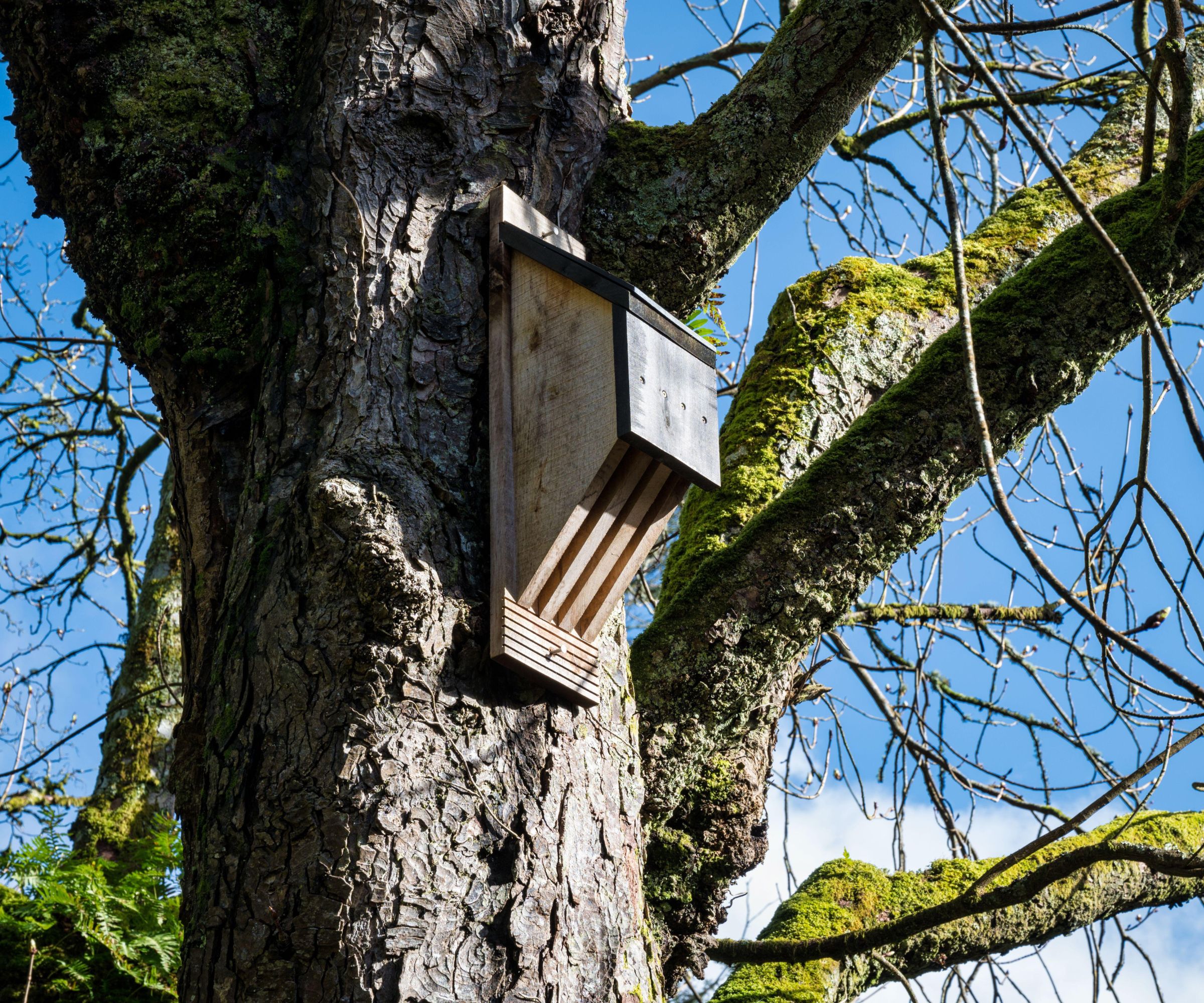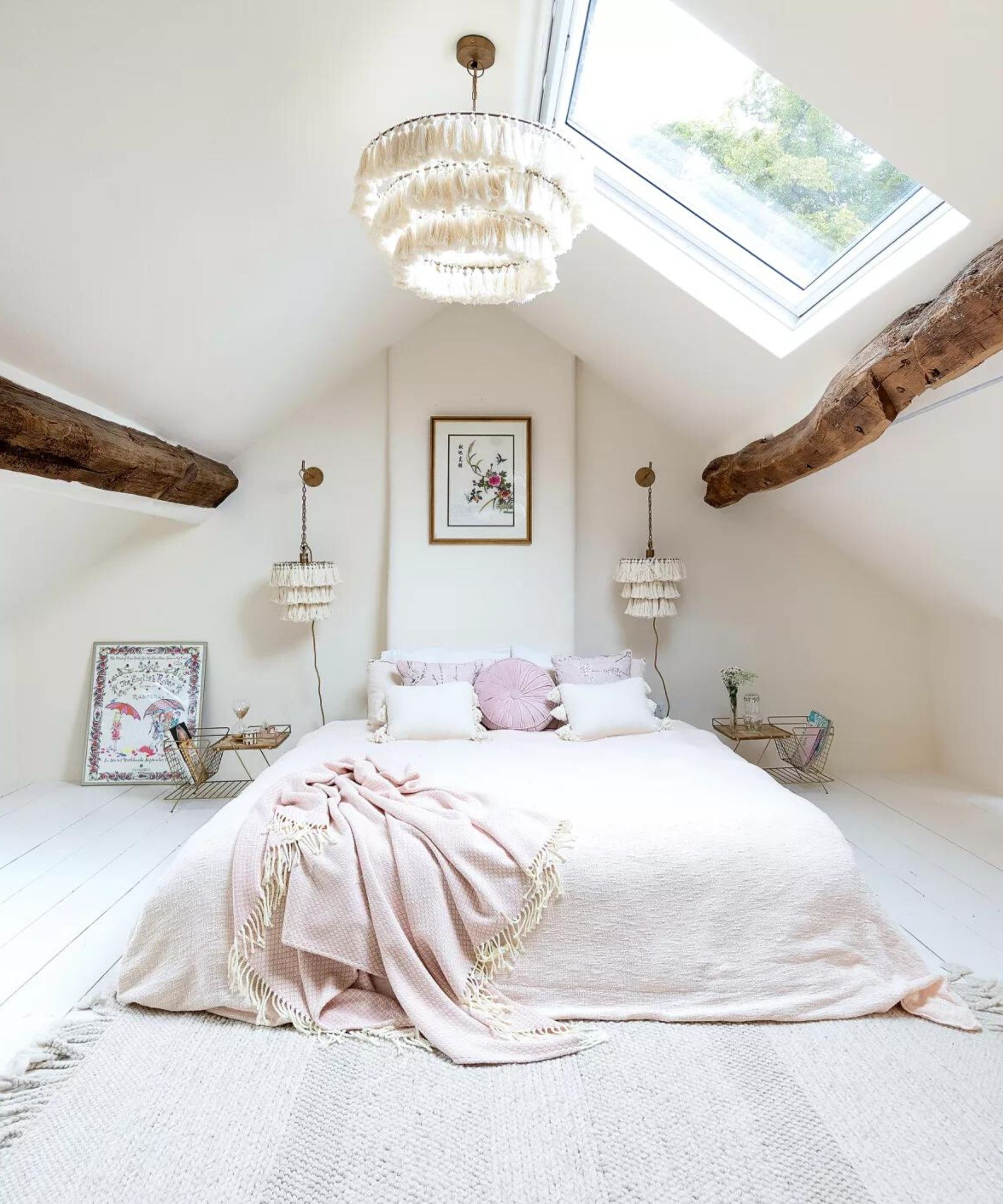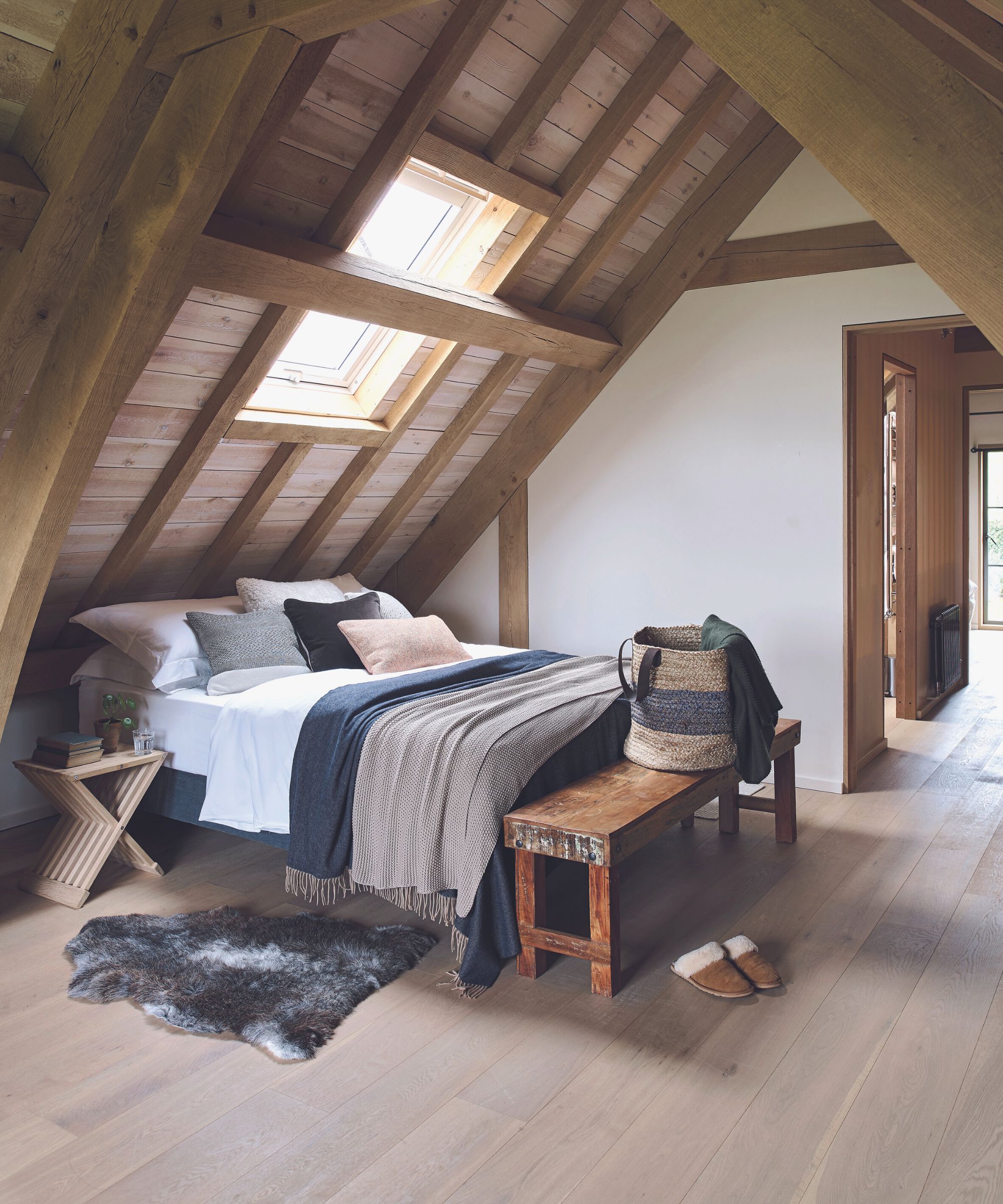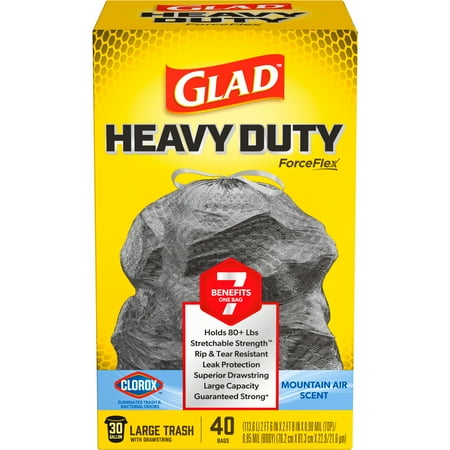How to get rid of bats in an attic naturally without breaking the law – wildlife experts reveal the surprising restrictions and solutions to these protected pests
You must listen to the law when dealing with bats in your house


If you've heard screeching in your attic and spotted fluttery shadows flying around your home at night, learning how to get rid of bats in your house naturally will put you a step ahead of these unwanted guests.
Bats are a protected species, meaning banishing them is not as straightforward as tackling other typical pests. If you set out traps or disrupt their nests, you may run the risk of breaking several laws across the United States.
To avoid fines or worse for breaching restrictions, we asked pest control experts for tips on dealing with these common roof pests properly, safely, and without breaking any laws.
How can I get rid of bats in my attic or house naturally?
Peter Gros, wildlife expert and co-host of Mutual of Omaha’s Wild Kingdom Protecting the Wild, begins, 'Under the Endangered Species Act, it is illegal to harm, harass, kill, or capture any of the ten endangered bat species found in the United States.
'Globally, there are over 1,400 bat species, and 47 of those call the U.S. home – each playing a crucial role in maintaining healthy ecosystems. Bats are among nature’s most effective pest controllers, helping manage rodent and insect populations.
'They also play a key role in pollinating flowers and dispersing seeds, supporting plant reproduction and biodiversity. In addition to federal protections, many states have their own laws safeguarding bat species.
'Furthermore, you must avoid disturbing bats during maternity season, typically late August to early fall, to avoid separating mothers and pups.'
Design expertise in your inbox – from inspiring decorating ideas and beautiful celebrity homes to practical gardening advice and shopping round-ups.
Because of this, Peter warns, 'Homeowners should consult their local government or contact their state’s wildlife agency to understand any regional regulations before attempting to remove bats from their property.'
With permission granted from your local government, you can then try any one of these natural pest control methods to help urge bats out of your house or attic without making contact or causing them harm.
1. Identify entry points

Bats usually end up in attics, where insulation offers great nesting materials, and humans are not disturbing them often.
A.H David, owner of Pest Control Weekly says, 'The first thing you should do is look for entry points. Bats can enter through small cracks and gaps as small as a half-inch big.’
As you would when getting rid of squirrels in the attic, or removing raccoons, look for small gaps around your roof, attic and eaves. You may find it easier to locate the entry points at night. As bats are nocturnal, they leave their base when it's dark to feed, so try watching your house from the outside to spot exactly how and where the bats are flying in and out.
Nicole Carpenter, president at Black Pest Prevention, shares, 'If it's an "allowed" season, seal all entry points and install exclusion devices. You should seal gaps around vents, attics, soffits, rooflines, chimneys, and any cracks as small as a dime.
'Caulk alone isn’t enough; use metal mesh [available at The Home Depot] for anything wider than a pencil, and seal around it with caulk or sealant [such as the QSI Max Caulk Sealant from The Home Depot] for a reliable result. Leave bat exclusion devices [such as these bat cones, available at Amazon] in place for at least seven days so all bats can exit, then seal the openings.
'Make sure all bats are gone by watching the exit at dusk for a couple of evenings. If no bats come out, it’s time to seal.'
2. Use a bat house

Bat houses offer the animals an alternative to your roof.
Peter Gros advises giving bats 'an alternate place to roost by installing bat houses away from your home on the edge of your garden.' Bats prefer a quiet spot to rest, so they are more likely to set up here than inside your comparatively noisy house.
This highly rated castle-style bat house from Amazon is made from real wood and adds a touch of whimsy to your bat home-away-from-home.
What’s more, bats are brilliant pest control experts themselves, so they are often an asset to have in your garden to protect your flowers and vegetable garden ideas.
3. Remove food sources

Cover fruit trees and deal with indoor pests to help tackle bats.
Much like getting rid of moles, removing bats' food sources from your garden will encourage bats to move on. Given that bats often feed on other smaller pests such as insects, persistent bats in your home could be a sign of a hidden indoor pest problem elsewhere in your property.
However, for this bat removal method to be effective, it is important to establish which variety of bat is nesting in your house. Some bats eat insects, some fruit, and others a mixture of both.
Most North American varieties of bats are insect eaters. Common insects that attract bats are beetles, moths, and mosquitoes, and dealing with infestations of these pests often deals with the bat problem too as they'll naturally move on to find a more food-abundant home.
If you have fruit trees in your garden, consider shielding your fruit with nets, such as this five-star rated large drawstring fruit tree netting from Amazon, to prevent the bats from having easy access, just as you would do to keep squirrels away from fruit trees.
4. Use bright lights

Installing bright lights in your yard and attic can scare bats off humanely.
As bats are nocturnal and favor low-light conditions, Peter suggests installing bright lights into your attic, roosting areas, and yard to help deter bats and keep them from nesting in your home again.
Unlike lighting your yard for wildlife, you want to use bright white LEDs for this, such as this motion sensor security light from Amazon for your yard, or the HART LED Site Light from Walmart in your attic. Pair indoor lights with one-way bat doors to ensure they have a means to escape, but not reenter.
5. Try noise deterrents

Using sound machines can help chase bats out of your home without hurting them.
Using ultrasonic pest repellents can scare bats away; however, as with getting rid of squirrels, they should only be used if nothing else has worked.
The use of ultrasonic sound can disrupt the bat's senses. These small mammals hear frequencies above the human hearing level and use these abilities to echolocate, compensating for their naturally poor eyesight.
6. Clean bat-infested areas

You should thoroughly deep clean areas you suspect of pest activity to remove odors and germs.
Like many animals, bats scent the areas they live in to mark their territory and locate their home. Once you have cleared a bat infestation, it is best to employ some thorough cleaning tips to remove droppings and possibly, where needed, replace any attic insulation that may have been used as nesting material.
While we favor using non-toxic cleaning products, you should opt for tried-and-tested disinfectants such as Clorox disinfecting wipes from Walmart, and enzyme-odor removers such as Rocco & Roxie Stain & Odor Eliminator from Amazon to restore your home properly, as bats can carry disease. For a finishing touch, consider using an odor-fighting room spray, such as the Febreze Air Freshener Spray in Southern Lilac, from Walmart.
Make sure to wear gloves and a mask when cleaning in case you come into contact with any droppings. If you happen across a bat, do not touch or approach it. The mothers carry their babies, which cling to their underbellies, so touching them can panic the bats and leave you and these winged creatures both at risk.

When cleaning up after a pest infestation, wear protective equipment such as thick rubber gloves to protect your skin from both the cleaning chemicals and any pathogens from pests.

Protect yourself against dust, odors, and chemicals when cleaning up after pests by using a respirator mask.

Safely dispose of any cleaning wipes and debris from bats in these heavy duty trash bags, designed with Clorox to eliminate odors.
Meet the experts

Peter Gros is a veteran wildlife expert who shares his love for wildlife and wilderness with families and children throughout the country. He has nearly 30 years of field experience with wildlife and has been a part of Mutual of Omaha’s Wild Kingdom since 1985.

A.H David is the co-founder and editor-in-chief of Pest Control Weekly. By hobby, he is a gardener and has experience dealing with all types of pests found in backyard gardens. His goal is to provide well-researched and authentic information about pests from his own experiences.

Nicole Carpenter started working at Black Pest Prevention when she was in high school. She continued working there while attending N.C. State University and eventually became the CEO. Black Pest Prevention is a company that helps with pest control in Charlotte and serves both North and South Carolina.
FAQs
Do mothballs get rid of bats?
You should not use mothballs to remove bats from your home. Mothballs work by releasing naphthalene vapor, emitting particles that can cause vomiting, dizziness, and nausea in bats, and can even prove lethal in high amounts.
What’s more, once mothballs have disintegrated, bats are likely to return, so they are no more effective than other, kinder methods of getting rid of bats in a house.
Do bats go away on their own?
Small bat colonies may move on their own, but bigger colonies are likely to stick around until you get rid of them yourself by making the area undesirable.
Our homes provide bats with warmth, shelter, and often food, especially in urban areas where their natural habitats have often been destroyed. Because of this, bats are highly unlikely to go away on their own and need carefully management to safely remove them.
What attracts bats to your house?
As with any other pest, bats are attracted to your house due to its warmth and security. They are often willing to cohabitate with humans for the advantage of being protected from the elements and the assurance of a structure that is unlikely to be destroyed.
With the increase of urbanization, bats become more accustomed to living alongside people, so our presence is not often enough to startle them and deter them from making their homes secretly above us.
Bats are a difficult pest to control in your home, so spotting them could be a sign to call professional pest control in to help take back your property without breaking any laws or regulations.

Chiana is Homes & Gardens’ kitchen appliances editor. With a lifelong passion for cooking and baking, she grew up experimenting in the kitchen every weekend with her baking-extraordinaire Mom, and has developed a great understanding of how tools and appliances can make or break your ideal relaxing kitchen routine.